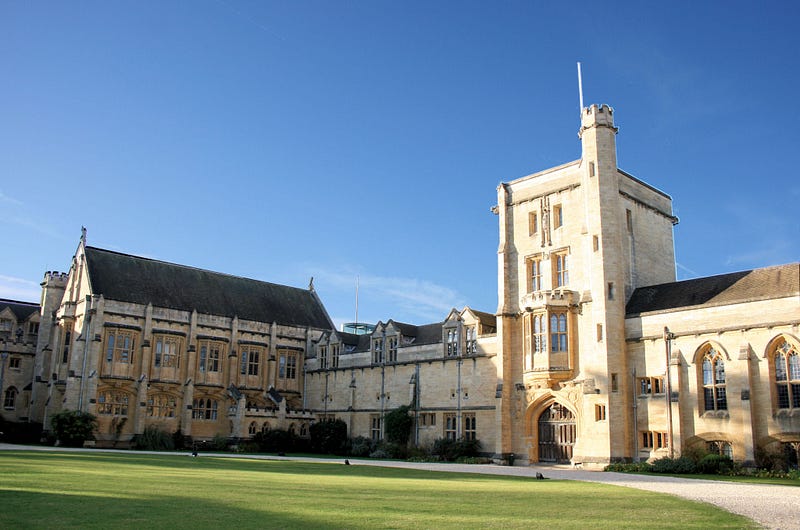A new report has revealed that Oxford students rate their student experience significantly higher than students at other Russell Group institutions.
How different is Oxbridge? by the Higher Education Policy Institute (HEPI) reported that 59% of Oxbridge students are ‘very satisfied’ with their course, compared with only 31% of other Russell Group students.
The survey also showed that 77% of Oxbridge students say their course provide either ‘good’ or ‘very good’ value for money, compared to 46% of other Russell Group students.
The Director of the HEPI, Nick Hillman, said the report showed “Oxford and Cambridge perform almost unbelievably well.”
However, only 41% of Oxbridge students say their teachers use original or creating teaching methods ‘a lot’ or ‘quite a bit’, significantly lowers than 52% figure for all UK students.
Oxbridge students also work 43 hours a week on average, twelve hours more than the average figure for other Russell Group universities, the survey revealed.
Other findings from the report show that 82% of Oxbridge students receive feedback within one week, compared to only 13% at other Russell Group institutions.
In addition, 96% of Oxbridge students but only 36% of other Russell Group students have at least one hour per week in classes with 0 to 5 other students. This is largely due to the tutorial and supervision system in place at Oxford and Cambridge respectively.
In a statement, Hillman, who co-authored the report: “Oxbridge students work harder, are more satisfied with their lives and are more likely to say they are getting good value for money than other students.
“Our results confirm that two universities provide a world-beating student experience alongside their world-beating research.
“The data reveal an even more positive story than I expected.
“But there are good reasons for this. Oxford and Cambridge have a high level of resources, unrivalled facilities, well-prepared students, close-knit collegiate environments and diverse and experience staff from all over the world.”
Mr Hillman stressed that “it is crucial that policy makers remember the degree to which Oxbridge is exceptional rather than typical.”
“Anyone who assumes the same policy interventions will work across the board is likely to be disappointed.”
Hillman also said: “Oxford and Cambridge are different from the rest of the university sector. If we are to retain our world-class reputation for higher education, then we need to recognise this and look at the specific challenges faced by other universities too.”
An Oxford postgraduate student, Charlotte Freitag, who also co-authored the report, said: “I did not expect [Oxbridge students] to perceive their teaching to be less original than students elsewhere but that is the case.”
“I was surprised Oxbridge students are happier and more satisfied with their lives than other Russell Group university students while working twelve hours more per week.”
Fellow of New College Oxford and a board member of the Office for Students, David Palfreyman, said in a foreword to the report: “If presented with the exam question ‘What is different about Oxbridge?’, one could jot down quite a list…”
The data comes from the annual HEPI ‘Student Academic Experience Survey’ collected between 2012 and 2017.
1,625 Oxbridge students and 18,354 Russell Group university students responded as well as 60,221 undergraduate answers from all UK universities recorded responses.




